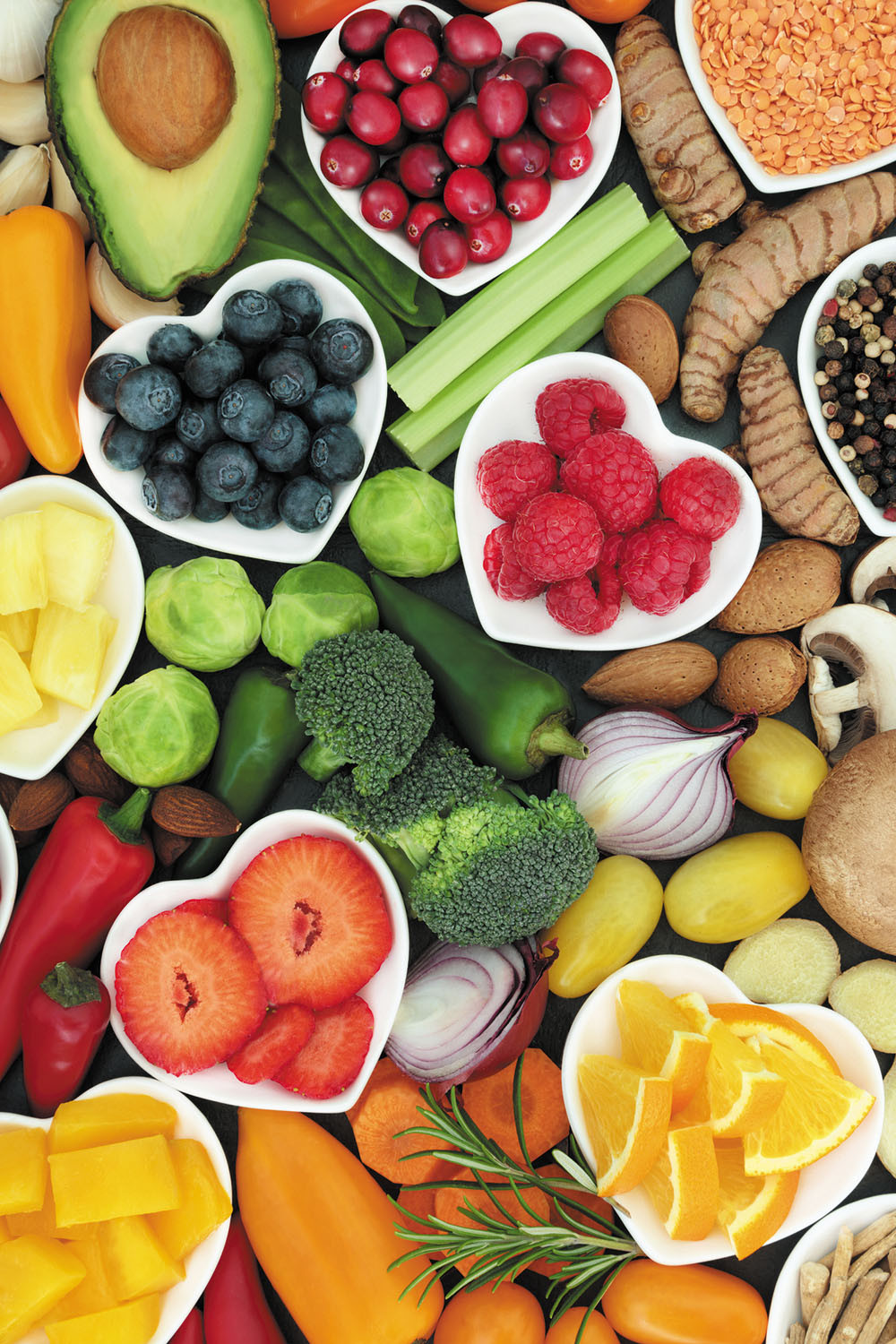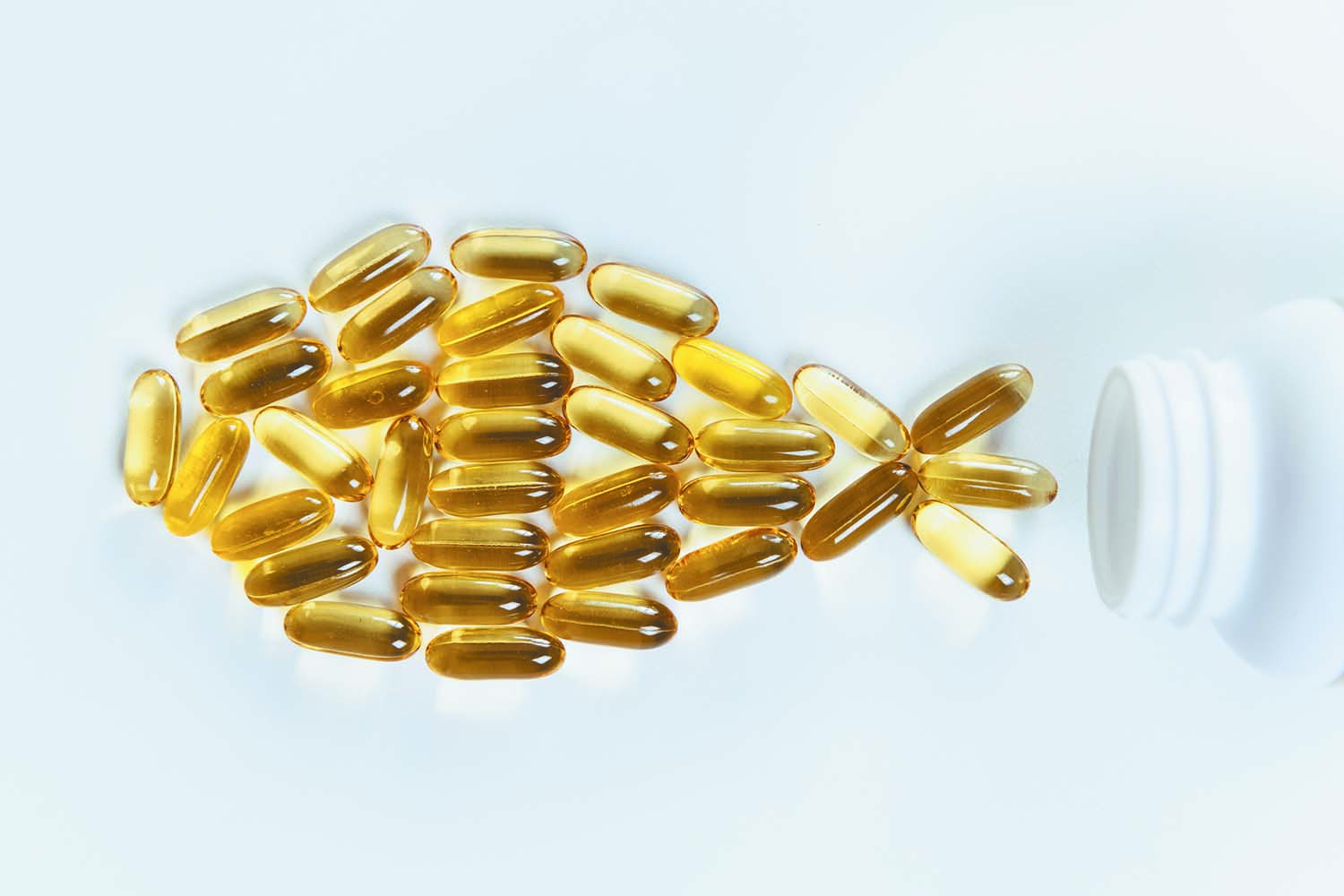
5 timeless habits for better health

What are the symptoms of prostate cancer?

Is your breakfast cereal healthy?

When pain signals an emergency: Symptoms you should never ignore

Does exercise give you energy?

Acupuncture for pain relief: How it works and what to expect

How to avoid jet lag: Tips for staying alert when you travel

Biofeedback therapy: How it works and how it can help relieve pain

Best vitamins and minerals for energy

Should you take probiotics with antibiotics?
Heart Attack Archive
Articles
Can a smart watch diagnose a heart attack?
ECG readings taken with a smart watch may be just as accurate as a traditional ECG done in a medical setting. But the notion of using a smart watch to diagnose a heart attack is still years away. One main reason: obtaining an ECG with a smart watch requires carefully holding the back of the watch on the wrist and at eight specific locations on the chest and abdomen. Quality control and regulatory issues are other important hurdles that need to be addressed. But experts believe improved smart watches with enhanced diagnostic ability may be on the market within a decade.
Erectile dysfunction drugs linked to lower risk of heart problems
Otherwise healthy men treated with prescription drugs used to treat erectile dysfunction had a lower risk of heart attacks, strokes, or death from heart-related causes.
11 foods that can help lower your cholesterol
People with elevated LDL cholesterol values may be able to reduce their LDL levels by eating more foods that are rich in fiber and lower in saturated fats. High-fiber foods include whole grains, beans, nuts, vegetables, and fruits. Saturated fats are found mainly in meat, cheese, and other high-fat dairy products such as butter, half and half, and ice cream.
The questions about fish oil supplements
Some research says taking a daily fish oil supplement can reduce the risk of heart attacks and strokes, while other studies say the evidence remains thin. While fish oil is the best source of omega-3 fatty acids (essential nutrients that the body cannot make on its own), taking an over-the-counter fish oil supplement probably provides no extra heart benefit beyond a well-balanced diet that includes plenty of omega-3-rich fatty fish, nuts, and seeds.
Tofu may help your heart
Tofu may be good for the heart. A study published in March 2020 in the journal Circulation found that people who ate at least one weekly serving of tofu or another food containing isoflavones (a compound found in soybeans and other legumes) had an 18% lower risk of developing heart and blood vessel disease than people who ate these foods less than once a month. These foods appeared particularly beneficial to premenopausal women and women who had gone through menopause but weren't using hormone replacement therapy. Experts recommend substituting these foods for less healthy protein options such as red or processed meats.
Omega-3 fats and your heart
Higher blood levels of omega-3 fatty acids—specifically, eicosapentaenoic acid (EPA) from fish and alpha-linolenic acid (ALA) from plants—may help lower the odds of a poor prognosis in the years following a heart attack. Fatty fish such as salmon and mackerel are good sources of EPA. Flaxseeds, chia seeds, and walnuts are good sources of ALA, which is also found in soybean and canola oil.
Conquer your fear of dietary fat
For decades, high intake of fat was thought to cause weight gain, heart disease, and maybe even cancer. The solution? Go low-fat, which often meant consuming more carbs and more sugar. But nutritionists now suggest people actually need adequate amounts of "good" unsaturated fat, and less "bad" saturated fat, for optimal health. Following popular heart-healthy diets, like the Mediterranean and MIND diets, and making simple dietary changes can help people get adequate amounts of good fats.
Should I get a calcium score?
A coronary artery calcium scan (often called a calcium scan) uses a special type of CT scan to look for calcium deposits in the lining of the heart's arteries. The results can help people decide whether to start taking a statin.
Air pollution: An invisible threat to your heart
Exposure to microscopic particles called PM2.5 in air pollution may increase a person’s risk of heart attack, stroke, and heart rhythm disorders. The tiny particles pass from the lungs into the bloodstream, triggering inflammation and other cell-damaging processes. Air pollution comes mainly from coal-fired power plants, industrial factories, and motor vehicles. To limit exposure, people should try to avoid exercising outdoors near busy roads or industrial areas.
Feel woozy? Do this first
People who've never experienced wooziness should call 911 if the symptom comes on suddenly or severely, especially if it's accompanied by other symptoms. However, a person who has experienced wooziness before or been unwell recently should sit down, have a drink of water or juice, and rest for 10 to 15 minutes. If the feeling of wooziness persists, if other symptoms develop, or if it's hard to get up without feeling faint, one should call 911.

5 timeless habits for better health

What are the symptoms of prostate cancer?

Is your breakfast cereal healthy?

When pain signals an emergency: Symptoms you should never ignore

Does exercise give you energy?

Acupuncture for pain relief: How it works and what to expect

How to avoid jet lag: Tips for staying alert when you travel

Biofeedback therapy: How it works and how it can help relieve pain

Best vitamins and minerals for energy

Should you take probiotics with antibiotics?
Free Healthbeat Signup
Get the latest in health news delivered to your inbox!
Sign Up











